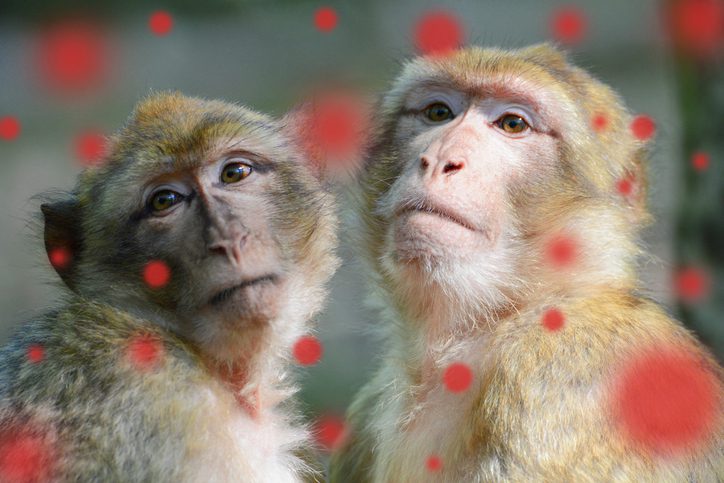Worried about long Covid? Support primate research Leave a comment


The polio vaccine. Surgical treatment for macular degeneration. The potential of paraplegics to walk again. Treatment for Parkinson’s disease. Antivirals to treat or prevent HIV. Covid-19 vaccines.
Each of these lifesaving medical advancements is rooted in research involving nonhuman primates, most often monkeys. Yet scientists conducting this critical work have faced harassment and threats. We endure calls for primate research to be limited or even banned, which would have dire scientific consequences. These voices are few, but they are loud, and the potential costs of listening to them are high.
Nonhuman primates will be critical to our efforts to understand the long-term effects of Covid-19. Estimates suggest that 10-30% of individuals may experience long Covid following initial recovery. The National Institutes of Health must fund research that seeks to explain the neurological impacts of long Covid, and this needs to include projects using nonhuman primate models.
In the frightening early days of the pandemic, infectious disease experts turned to primate research to understand how the disease attacked the body and then to develop the Covid-19 vaccine. As early as May 2020, studies were published showing primates could develop immunity against Covid-19, establishing in a record-setting time that vaccines could be an effective tool to control the spread of SARS-CoV2. More than a dozen vaccine candidates were tested on monkeys to determine their safety and effectiveness, critically, scientists drew on previous research that showed an mRNA vaccine provided primates protection from Zika virus. This past experience helped lay the foundation for the development of Covid-19 mRNA vaccines, the fastest vaccines ever created.
Going forward, primate research will help us understand if specific groups, such as the elderly, are more prone to develop long Covid. My team and others have early research suggesting the virus can travel to the brain through a person’s nose and potentially cause lasting neurological issues, such as brain fog, lost or distorted senses of smell, anxiety, depression, difficulty focusing and headaches, as has been reported in patients. Even more concerning is the risk that the pandemic will lead to a surge in cases of Alzheimer’s or Parkinson’s. Powerful monkey models of Covid-19 will be required to sort out such a potential link.
We’re only at the very beginning of understanding long Covid, and we need to put all our tools — including increased federal funding — to work to unlock its mysteries. Providing additional federal funding for nonhuman primate research will help to speed up this critical research, getting us much-needed answers about long Covid faster.
My colleagues and I are committed to conducting our research ethically and humanely. In the four decades I’ve been conducting research on primates, our protocols have continually evolved to improve the monkeys’ well-being. They live in social housing conditions, except in the rare occasions when scientific protocol demands isolation. We take care to respect and sustain the colonies’ natural hierarchies. We provide them dietary supplements and dental and eye care, and we work to keep their stress levels down. Furthermore, before any research on nonhuman primates can occur, it must be approved by an Institutional Animal Care and Utilization Committee, a committee of veterinarians, scientists and lay members of the community.
What hasn’t changed since I started my career in primate research? Monkeys’ similarities to humans continue to make them essential partners in our quest for new discoveries of direct relevance to human health. More than 100,000 Parkinson’s patients have benefited from deep brain stimulation, a therapy developed through research on monkeys. Furthermore, researchers have even implanted electrodes in the brains and spines of paralyzed monkeys, allowing them to walk again. This research is already being applied to humans, potentially allowing paraplegics to walk. What was once thought of as impossible might become a standard medical procedure.
For us to achieve that bright future, we need to recruit the best young scientists to join the field, and not fear they will be vilified for conducting vital research. We need the support of lawmakers who rightly herald medical advances that save lives every day.
Anything else risks missing out on lifesaving advances that could benefit millions of people worldwide.
Photo: BeritK, Getty Images


